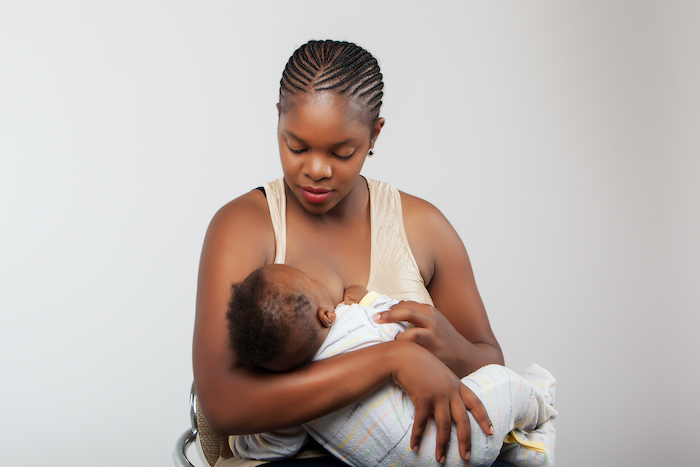
Source: Agency Report

As World Breastfeeding Week (August 1–7) unfolds, the United Nations Children’s Fund (UNICEF) has raised concerns over Nigeria’s low rate of exclusive breastfeeding, revealing that only one in three babies receives breast milk exclusively in the first six months of life.
The agency urged the Nigerian government and private sector to prioritise the creation of sustainable breastfeeding support systems to reverse this worrying trend.
UNICEF cited findings from the 2023–2024 National Demographic and Health Survey, which show:
“These figures show we are falling short. Breastfeeding is essential for child survival, cognitive development, and disease prevention,” UNICEF warned.
UNICEF emphasised that breast milk:
Currently, only 12 of Nigeria’s 36 states, including the Federal Capital Territory (FCT), offer up to six months of paid maternity leave, a key enabler for exclusive breastfeeding.
UNICEF and health stakeholders are advocating for: